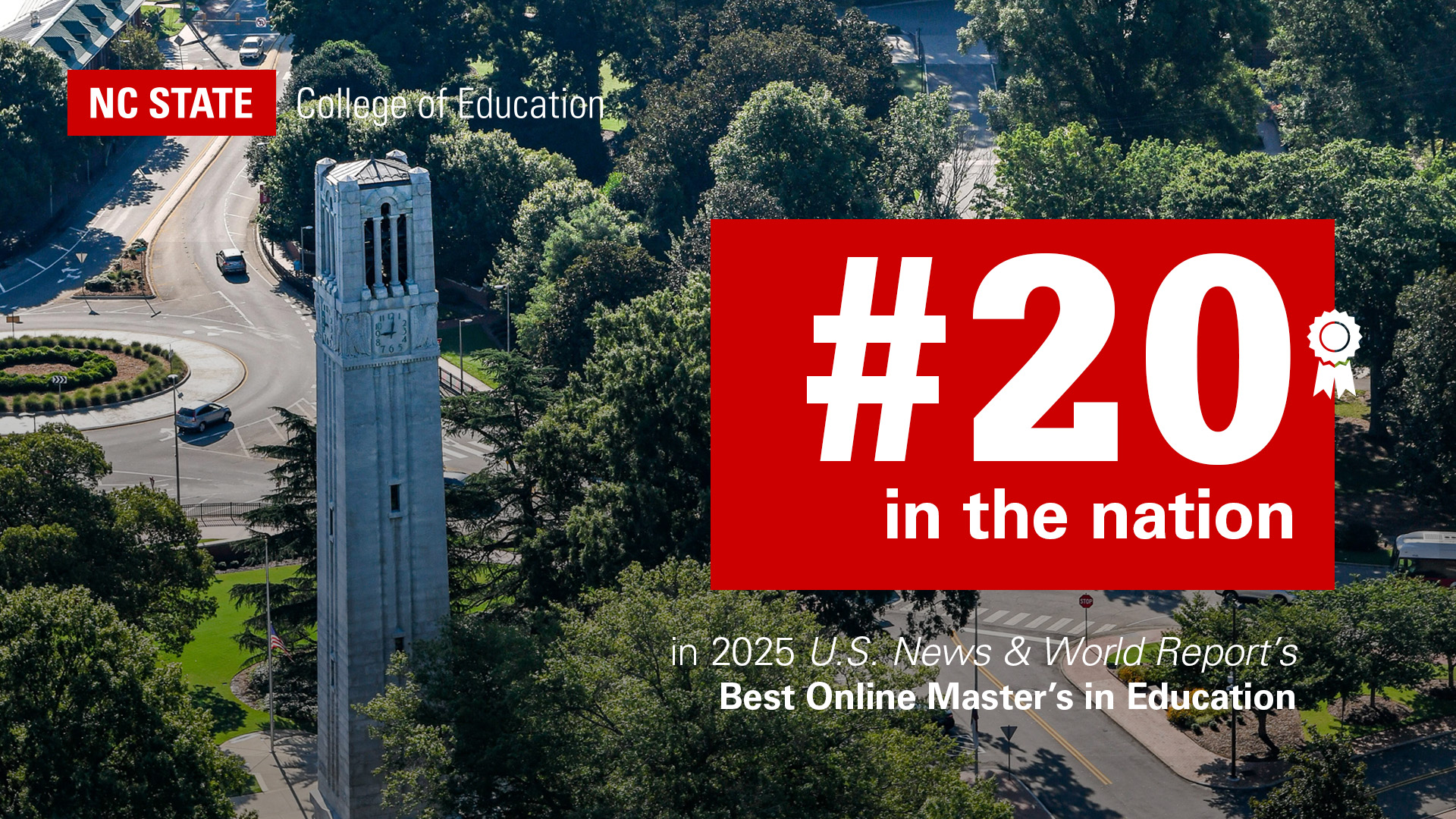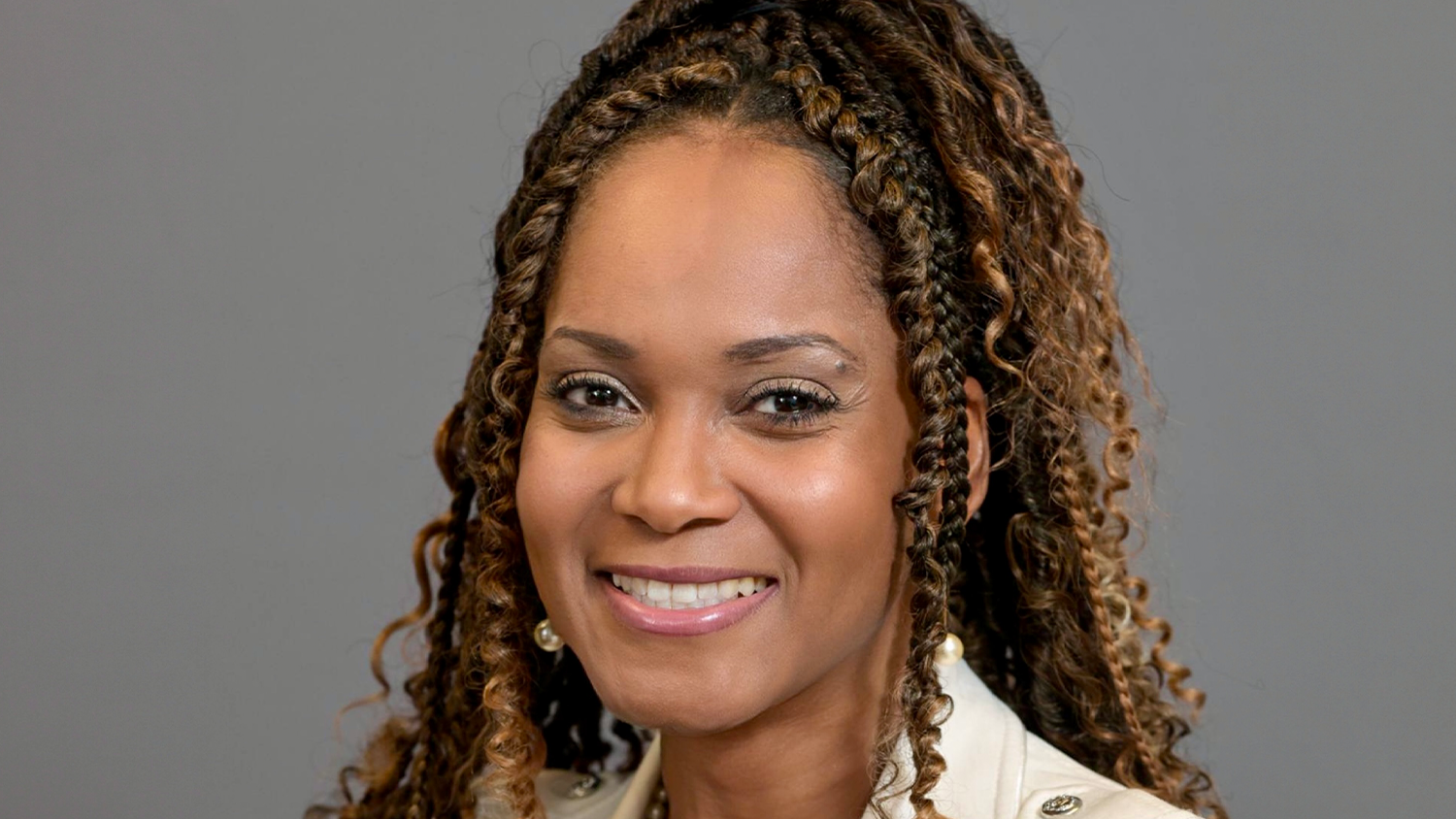Assistant Professor Teya Rutherford Earns NSF CAREER Grant to Study Mathematics Motivation


Dr. Teya Rutherford, an assistant professor of educational psychology, will help more than 1 million users of a Spatial Temporal Math digital platform in real time through a newly funded National Science Foundation Early Faculty CAREER grant, which is one of the NSF’s most prestigious awards granted to early-career faculty across all disciplines.
“I am honored and excited to receive this award,” Rutherford said. “The funding will allow me to dedicate time to understanding how student motivation is associated with choice at a micro level and how digital educational platforms can improve motivation and choice to result in greater student learning — areas of research that build upon my prior work investigating the associations between motivation, choice and learning at a broader level.”
The five-year, $1 million grant will enable Rutherford to advance existing research beyond only examining the links between motivation and mathematics achievement by studying how motivation functions to support students’ in-the-moment choices during learning.
[spotlight-box label=”” img=”” heading=”7 Tips for Applying for an NSF CAREER Grant
” cta=”Read More” url=”https://rutherfordlab.wordpress.com/nsf-career-app-reflections/”]Dr. Teya Rutherford says her NSF CAREER project began as a “blurb” — a short statement of the problem and a proposed solution. She worked on the blurb for three months before sharing it with a mentor for feedback. In a post on her CAREER grant blog, she shares how she built her idea from the ground up and six other tips for writing grant funding proposals. [/spotlight-box]
The project, titled “CAREER: The Measurement and Influence of Mathematics Motivation in a Digital Context,” will:
- Embed experience sampling questions and enhanced choice options within a Spatial Temporal Math digital platform
- Examine associations between situated student motivation, choice, and academic outcomes
- Develop nudge interventions based on these associations and iteratively test nudges in a series of experiments within the platform
- Assess the impact of nudges in a randomized trial.
The project will collect data from more than 30,000 third through fifth-grade students over the course of each year.
Rutherford’s research focuses on student motivation in the digital space, shifting the stigma of evaluations to more of a collaborative partnership, and how to convert research results into change that benefits the student. She says the special focus of the CAREER award on integrating research and teaching will provide opportunities to include graduate students and postdoctoral scholars more directly in her research and to bring what she learns back to her own classes.
- Categories:


